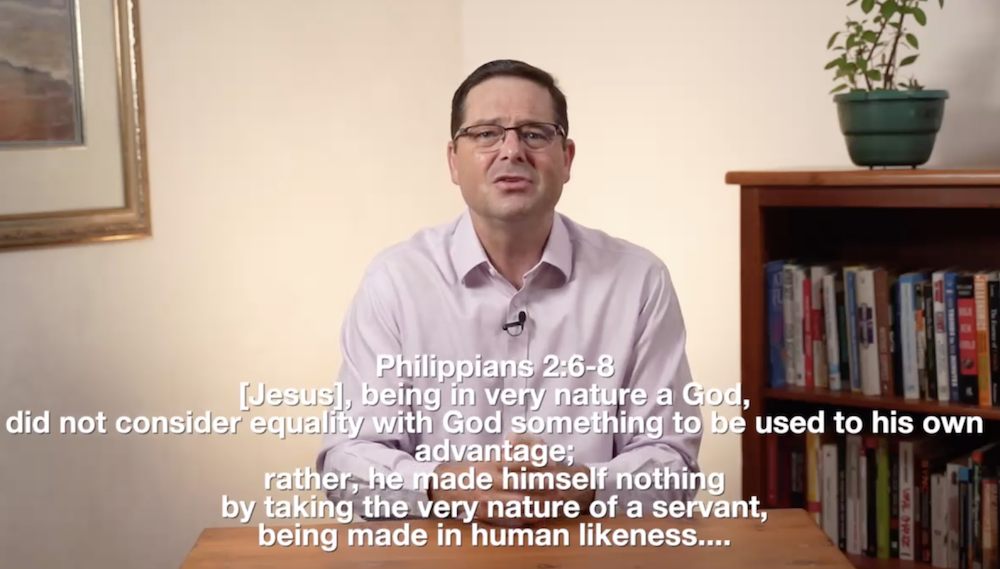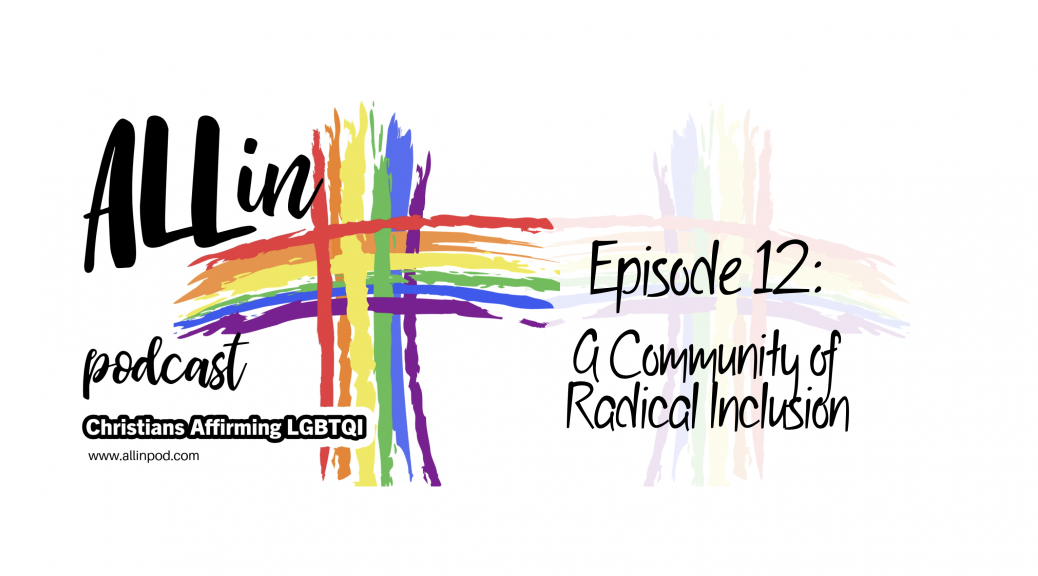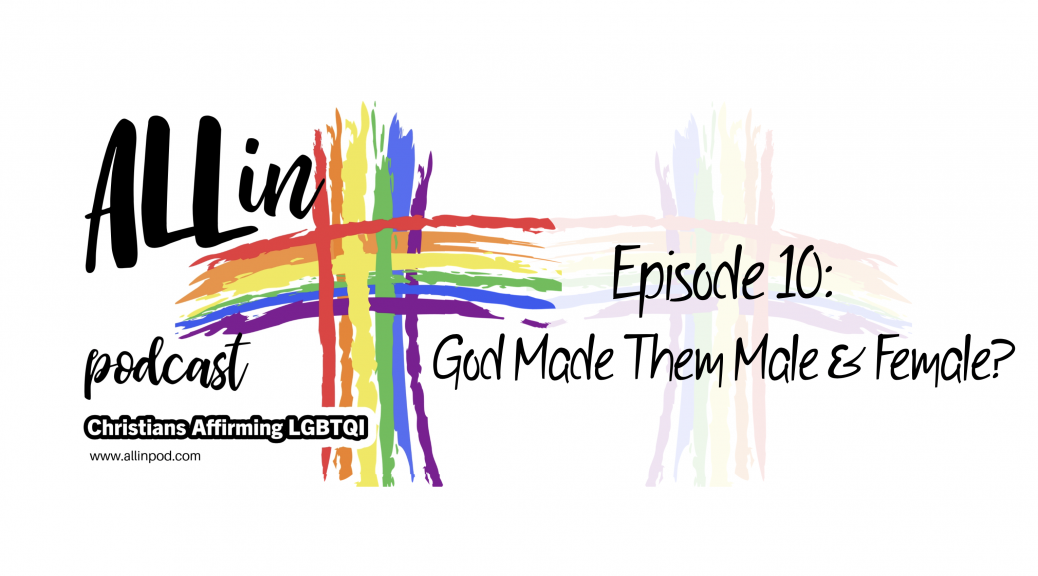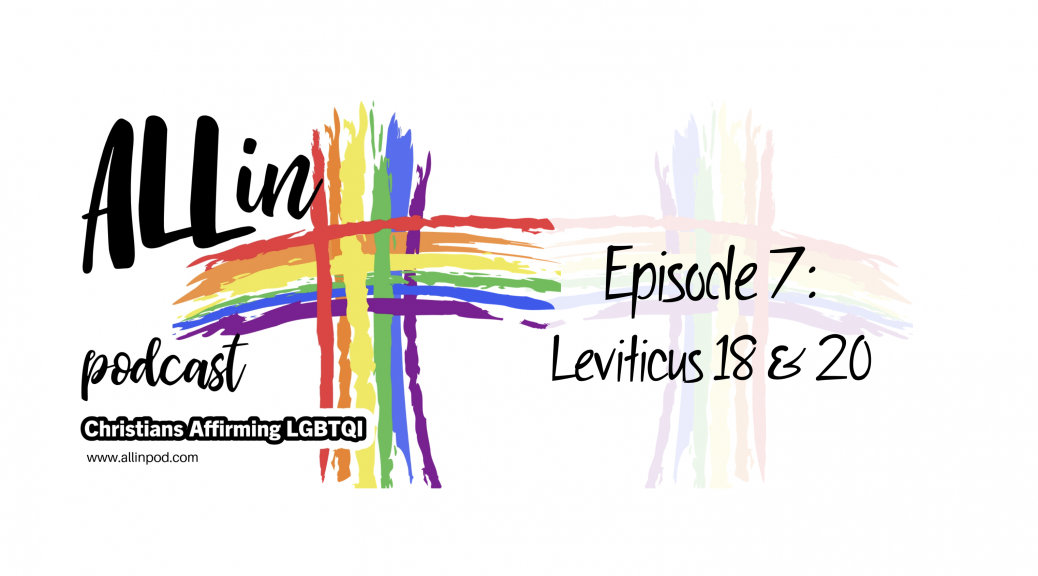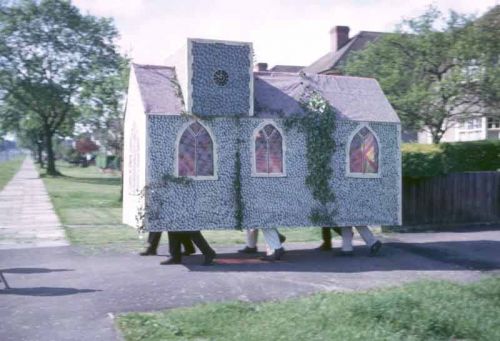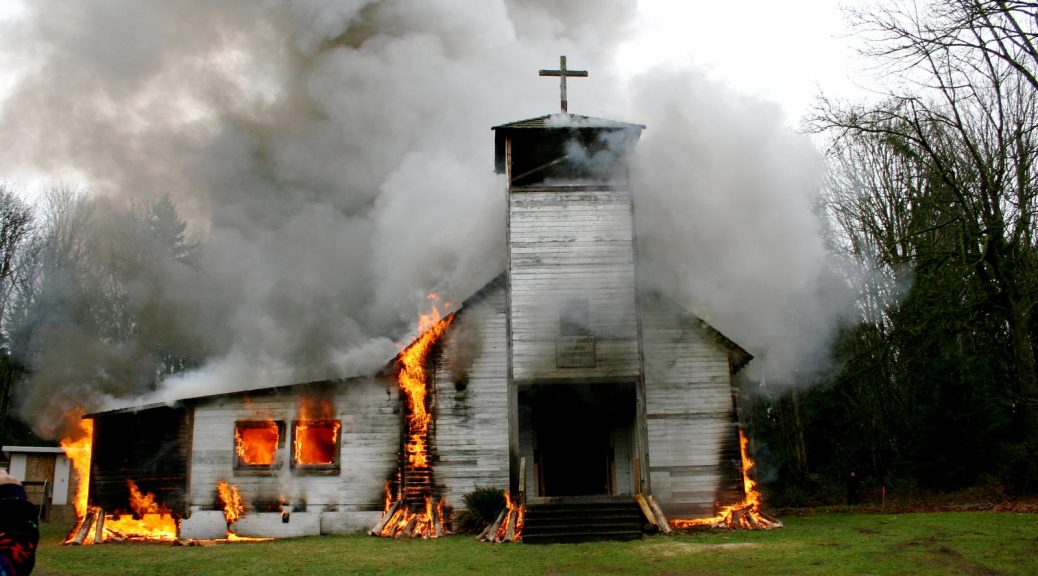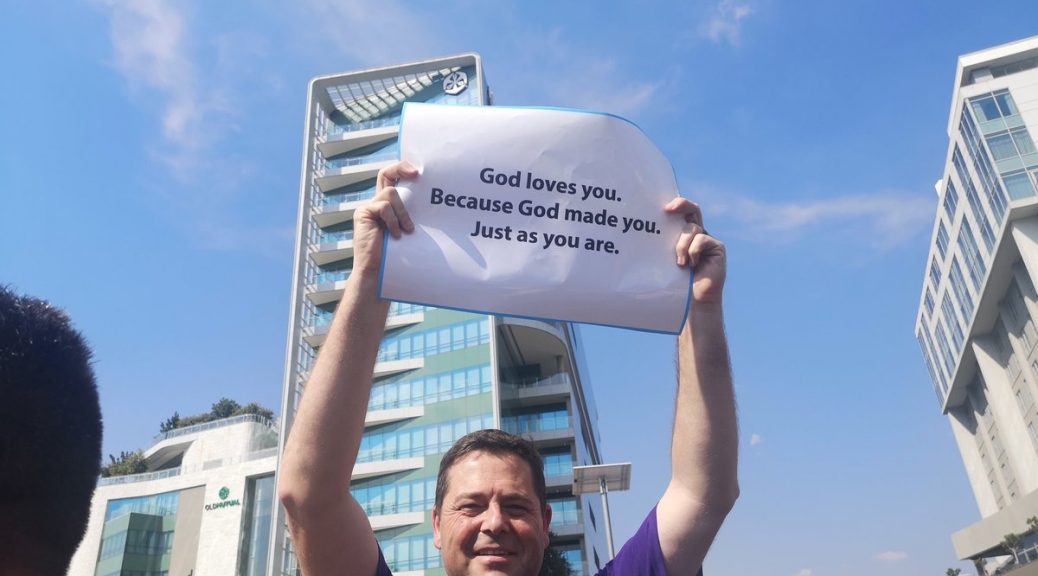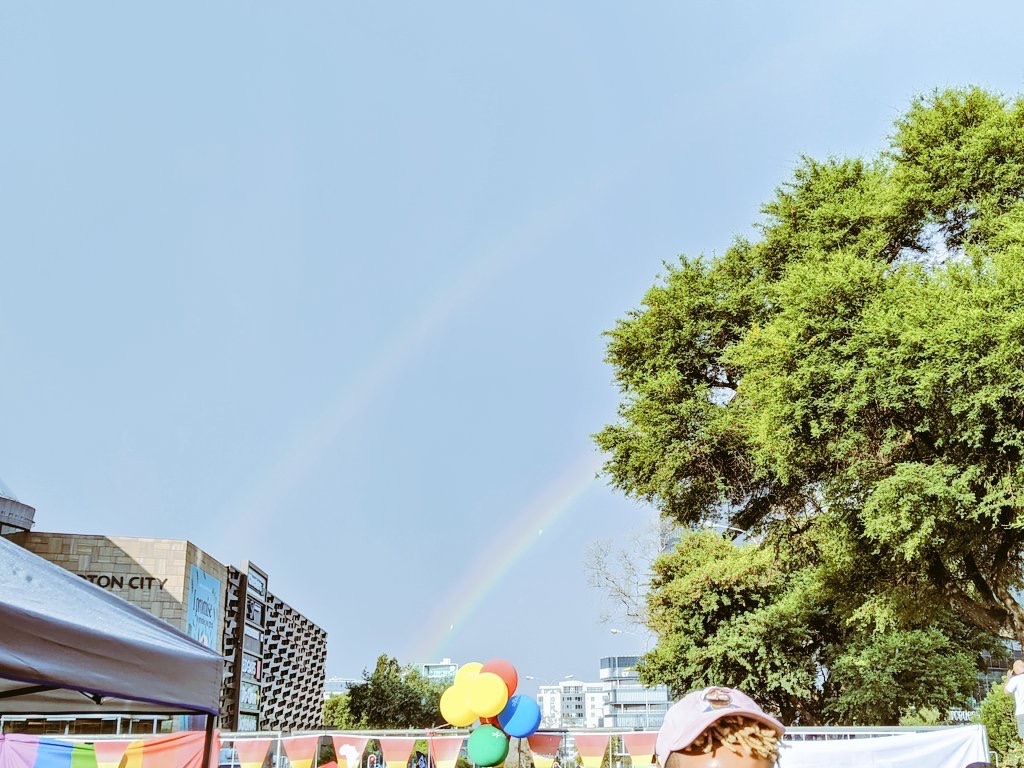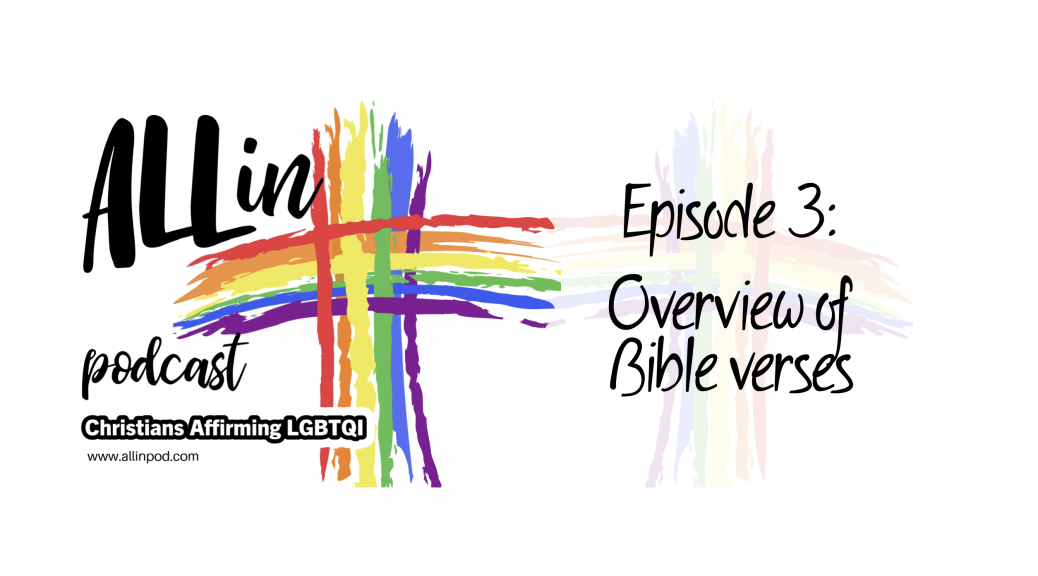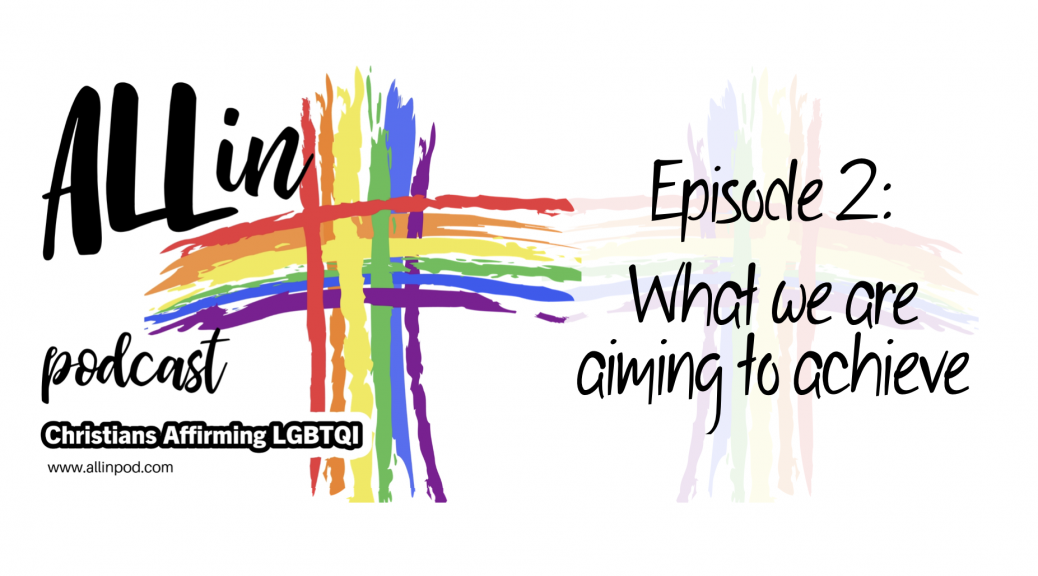Richard Rohr writes a daily devotion, which I highly recommend you sign up for.
On 27 October 2019, he wrote this stunning reflection:
Church: Old and New
Rummage Sales
I have come to set fire upon the earth, and how I wish it were already blazing. —Luke 12:49
People are rightly concerned by the loss of property through fire. However, forestry workers understand that from the destruction caused by fire emerges new growth, new life. Time and again, this also has been shown to be true in the church as we seek to follow the way of Christ in light of expanding human knowledge and understandings that continually affirm the movement of the Spirit.
In 2017, Protestants and Catholics honored the 500th anniversary of the Reformation. When Martin Luther (1483–1546) posted his “95 Theses” or complaints on the church door in Wittenberg, Germany, European Christianity had become too focused on meritocracy and hierarchy, losing sight of the Gospel. The Roman Catholic Church itself now admits it is always in need of reformation. The perpetual process of conversion, or reformation, is needed by all individuals and institutions. We appear to be in the midst of another period of significant turmoil and rebirth, thus my focus on Old and New: An Evolving Faith in this year’s Daily Meditations.
In North America and much of Europe, we are witnessing a dramatic increase in “nones,” people who don’t identify with a particular faith tradition. While I ache for those who have been wounded by religion and no longer feel at home in church, the dissatisfaction within Christianity has sparked some necessary and healthy changes. Episcopal Bishop Mark Dyer (1930–2014) aptly called these recurring periods of upheaval giant “rummage sales” in which the church rids itself of what is no longer needed and rediscovers treasures it had forgotten.
As Phyllis Tickle (1934–2015) reflected, in the process of building necessary structure in institutions, we eventually “elaborate, encrust, and finally embalm them with the accretion of both our fervor and our silliness. At that point there is no hope for either religion or society, save only to knock the whole carapace off ourselves and start over again.” [1] This is a difficult and frightening task, which is why we only seem to do it every 500 years or so! If we look at church history, we can see the pattern. [2]
With each reformation, we don’t need to start from scratch but return to the foundations of our Tradition. We don’t throw out the baby with the bathwater but reclaim the essential truths. And remember that truth anywhere is truth everywhere. With each rebirth, Christianity becomes more inclusive and universal, as it was always meant to be.
It takes a contemplative mind to witness these changes without resistance or defensiveness. When living within a sacred tradition, everything can seem essential and untouchable. But all Christians are already worshipping in “reformed” churches—often many times over—whatever our denomination. Let’s take heart and have faith that the Holy Spirit is with us through it all.
References:
[1] Phyllis Tickle, “The Great Emergence,” Radical Grace, vol. 21, no. 4 (Center for Action and Contemplation: 2008), 4-5.
[2] If the Great Reformation “occurred” in 1517, the Great Schism took place in 1054 with the heads of both the Eastern and Western churches mutually excommunicating each other. Look back another 500 years or so to the 6th century and we find the birth of the Oriental Orthodox Church (which still has 60-70 million adherents today) as well as the rise of the flourishing monastic movement. Even further back, in the 1st century, earliest Christianity began as a radical offshoot from Judaism, Jesus’ own faith. For a fascinating and accessible description of this history, see Phyllis Tickle’s book, The Great Emergence: How Christianity is Changing and Why (Baker Books: 2008).
Adapted from Richard Rohr, “500th Anniversary of the Beginnings of the Reformation,” (October 31, 2017), cac.org/reformation-500th-anniversary/.

